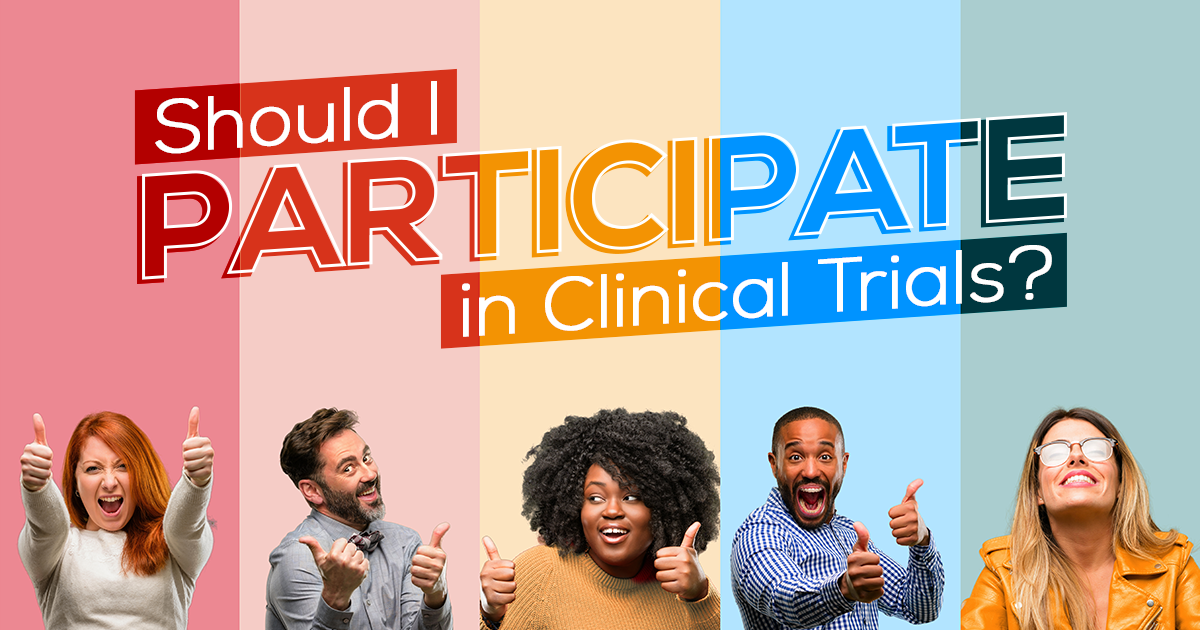Clinical trials are responsible for every prescription medication, and many supplements we take every day. How’s this, you ask? Clinical trials help determine if potential new ways to detect, prevent, treat, and cure certain medical conditions and illnesses, are safe and effective. But none of these possibilities would come to fruition without volunteers participating in clinical trials.
Participants in a Clinical Trial
To determine if a potential new option is safe and effective, it must be studied in the human body. Clinical trials rely on healthy volunteers and those with a specific medical conditions to participate. Each trial has what is called a protocol that outlines some of the following:
- Selection criteria of who qualifies to participate
- Number of participants
- How long the study will last
- How intervention will be delivered and at what dosage
- Timeline of events
Not all trials involve interventions like medications or devices. Some studies are observational to see how individual lifestyles affect specific medical conditions, for example. These trials may or may not involve any interventions. Each trial’s protocol lists criteria for who would benefit the most while remaining safe. So, not everyone who applied will be selected for a trial, but it is designed to keep all participants safe. Every trial has different criteria.
How do Clinical Trials Work?

Before any trial can recruit participants, all interventions are studied in a lab setting. From there, they will begin selecting volunteers for the first of four phases. The first phase starts with up to 100 participants and typically requires some overnight stays since this is the first time the trial involves humans. Some trials involving potential new medical devices such as a knee implant may require a short hospitalization as would the same surgery outside of a trial.
The remaining 3 phases will increase participant numbers and will have different criteria to ensure all bases are covered to determine safety and effectiveness. Clinical trials are regulated by the FDA with checkpoints at every stage of research to confirm they are being conducted in a safe, ethical manner.
Providing Hope
Imagine living with a medical condition and being unable to benefit from currently available options. Or, maybe you tried all the options and still haven’t been able to get effective symptom relief. This is the reality of so many people. Clinical trials provide hope to those looking for relief, looking for a cure.

To learn more about the currently enrolling clinical trials at Infinite, visit us here.
References:
https://clinicaltrials.gov/ct2/about-studies
https://www.fda.gov/patients/drug-development-process/step-3-clinical-research



